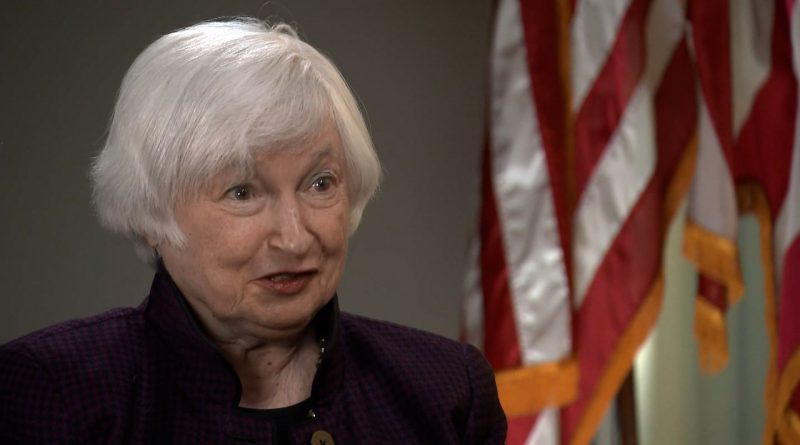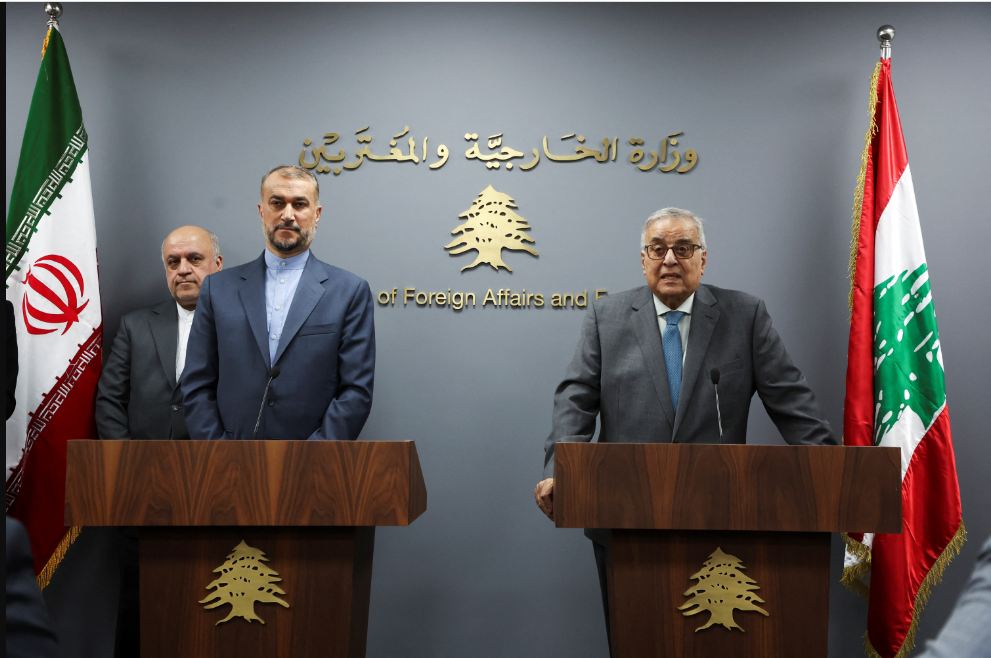India’s Indo-Pacific Economic Framework membership will strengthen region – Yellen
Noida (Reuters) – India’s membership in the Indo-Pacific Economic Framework (IPEF) will make supply chains resilient between the Asian country and the United States and help the entire region, U.S. Treasury Secretary Janet Yellen said on Friday.
Yellen said strong trade and investment, and people-to- people ties make the bilateral economic and financial relationship a critical element to the partnership between the two countries.
“India’s membership in Indo-Pacific Economic Framework, in efforts to make our supply chains more resilient, through what I call friend-shoring, are tightening those ties,” Yellen said on her first trip to India as U.S. Treasury Secretary.
While India is part of the Biden administration’s signature Asian engagement project IPEF, it has opted against joining the IPEF trade pillar negotiations.
Earlier in the day, Yellen visited Microsoft research facility on the outskirts of New Delhi, before addressing a joint news conference with Indian Finance Minister Nirmala Sitharaman.
Sitharaman said the meeting between the two will facilitate a coordinated policy stance on global economic challenges facing the world.
“Meeting today we lend greater rigor to economic relationship, strengthen businesses-to-business links, and facilitate coordinated policy stance to address the pressing global economic challenges,” Sitharaman said.
Sitharaman and Yellen will participate in a U.S.-India Economic and Financial Partnership dialogue in New Delhi and will discuss India’s leadership agenda for the G20 group of major economies next year.
Natural Allies
Yellen, in remarks at the Microsoft facility, highlighted the Biden administration’s desire to deepen economic ties with India, saying that both the global economy and the democratic idea were at inflection points.
Her remarks came as control of the U.S. Congress was still undecided after midterm elections on Tuesday.
“The U.S. and India are ‘natural allies,’ in the words of a former Indian prime minister,” Yellen said, adding that both had waged similar fights for independence to attain freedom and dignity.
“People around the world are looking to us and asking: can democracies meet the economic needs of their citizens? Can they stand up to bullies and cooperate on the most intractable global problems?” she said.
As the two largest democracies, India and the United States could answer the sceptics by taking action over the next year and beyond that could “demonstrate the capacity of our democracies to deliver for our people. I am confident that we will succeed.”
Among these actions are goals for India’s leadership of the G2, which should focus on the shared priorities for boosting investment to fight climate change, breaking a logjam in restructuring debts for poorer countries and improving access to the digital economy.
“India’s G20 year is a chance to accelerate global coordination on debt restructuring,” Yellen said.
She also said that ending the war in Ukraine was a “moral imperative” but that economic challenges from the conflict and from supply chain strains were drawing India and the United States closer together.
The United States was working to strengthen India’s “friend-shoring” role as a trusted, reliable supplier, she said.



